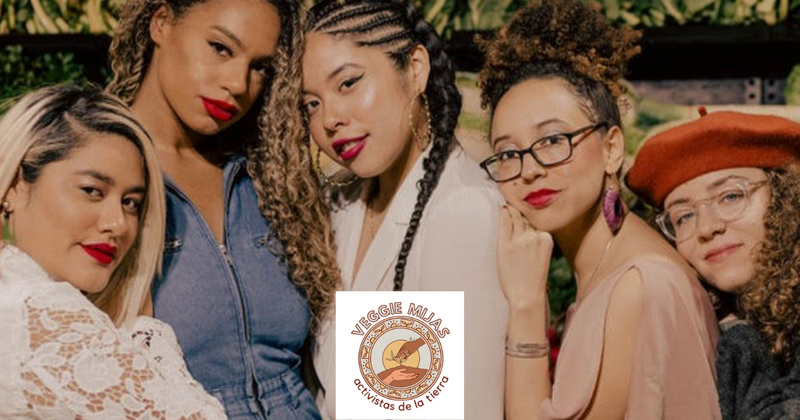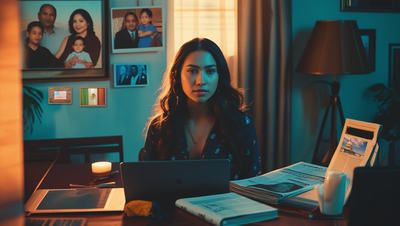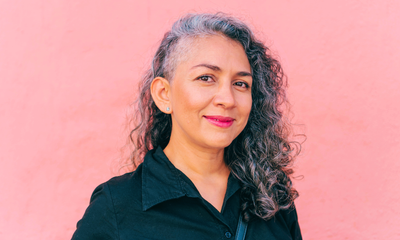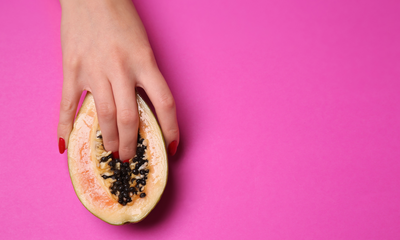There is no stronger connection to your ancestors than eating what they have planted and grown in their past life for you. There’s no surprise we do not have whole-foods in the hood. There’s also no surprise I can find a liquor store around my block faster than I can find a veggie burger, or something to eat does not involve “comida de basura” like my dad calls it. Growing up, my father taught me not to eat junk food but also never explained what “healthy” meant or why it was so important. Typically, people of color have not been taught how to eat healthy, even though our ancestors have been doing this for centuries. Throughout my journey of Latinx vegan life, I got curious to ask about my father’s history with food in Peru. “I used to watch my mother molear with a batan her ingredients and she would make us all kinds of Peruvian dishes”, he said. I looked at him confused, not knowing what a batan was, which he then explained further saying it was a rock used to crush maní, pasta de ají, and all kinds of different granos. Learning what kind of tools my grandmother used to cook with inspired me to dig deeper into what food means for our people and how that gets whitewashed through “American Veganism”.
I was influenced to turn into a Latinx vegan because of animal cruelty and how these poor creatures are killed just for our consumption. When I tell y’all—I went hard for this cause (I was wild!) However, with time I found out there’s more to it. The consumption of animals affected the environment, immigration rights, domestic violence, and environmental racism—that’s it, I knew there was more to it. This spark was not only brought into the light because of documentaries but more importantly, my father. I remember when I came back from college my first year, I brought quinoa to the house. Mi papá looked at my food and laughed. “Wow, I haven’t eaten quinoa since I was poor. My mother used to make us quinoa every morning with cut up apples or different fruits, just so we can have our proteins to get through the day.” As we got into this conversation, I was so angry that quinoa is so damn expensive and is looked as “rich” people food here, while it is food for the poor in Peru (talk about exploitation!). Yet now whenever I eat quinoa, it is not just a simple bowl of grains, but a connection to my grandmother and my ancestors that became unexplainable. Quinoa is a crop that was “domesticated by Pre-Columbian civilization more than 6,000 years ago”. For the Inca civilization, quinoa was a staple food because it made it through any type of temperature. Incas also considered quinoa as a sacred food and called it chisaya mama or also known as “mother grain.” That to me will forever mean more than it means to some gringo buying it for 5 dollars at Wholefoods.
Sign Up For ‘BoldLatina News‘ To Receive News, Op-Eds, and Stories Like This!
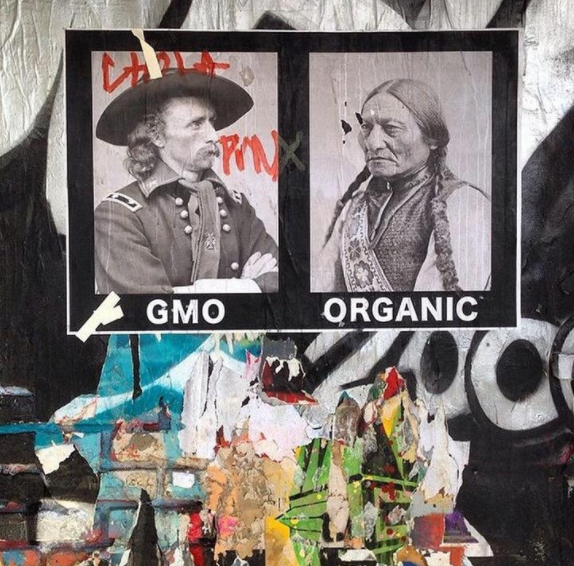
Indigenous veganism is completely powerful—it is an act of resistance through the colonization of what we were taught what was healthy and what is not. It also a spiritual connection to whom we were before and what our world can be like. Decolonization is more than just acknowledging western epistemologies, but rather removing western ways of creating knowledge, values, and traditional practices. Like many tribes and indigenous folks, the relationship between the land and with food itself has always been presence. We’ve BEEN eating corn, squash, frijoles, berries—ya’ know what I’m saying? With that being said, I personally don’t get fancy buying all these Daiya whatever products, I make my shit from scratch and I really encourage y’all to look more into this and start connecting with pachamama with each and every bite. Remember, food can be healing. Spiritual. Freeing.
And for those vegan gringos that think y’all doing a difference by supporting PETA but not gardening in the hood or even talking about all the other intersectional oppressions like access of healthy food in the hood—te hodistes.
Want to cook something delicious, perhaps Latinx vegan and don’t know where to start?
Check out Veggie Mijas (Mariah and I run dis). Also, an amazing website, Woke Foods run by two Afro-Dominican women, Merelis and Ysanet!

